Dates: 9 – 26 September 2025
This year’s theme highlights the critical role of scientific innovation in ensuring Earth’s stability and resilience, emphasizing the need for responsible science that respects the planet’s natural limits and prioritizes the well-being of society and its people.
The true value of nature is often overlooked in decision-making, with short-term financial gains prioritized while environmental costs are ignored. Science shows that biodiversity, water, food, health, and climate change are deeply interconnected.
A science-driven, holistic approach is essential to effectively address the complex challenges and build a sustainable and equitable future for all.
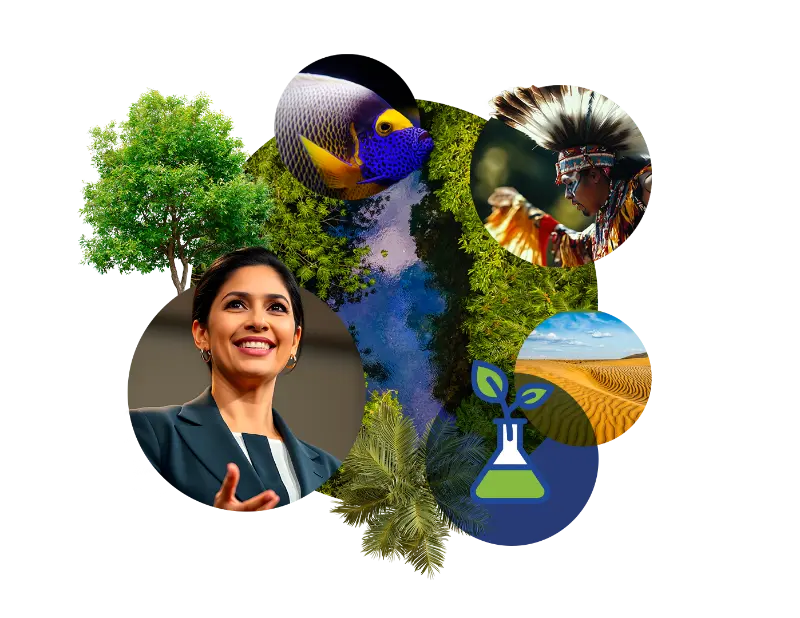
Science Summit 2025 will host influential global leaders who play pivotal roles in shaping sustainable development and environmental stewardship:
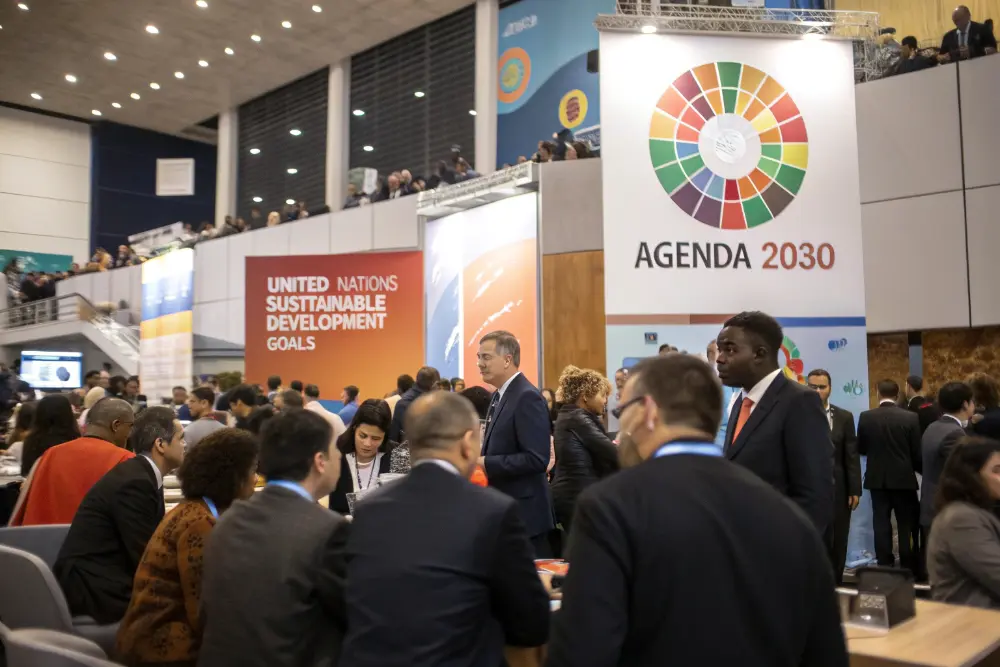
Science is indispensable for achieving the United Nations’ Sustainable Development Goals (SDGs) and any Development Agenda.
It provides the evidence-based knowledge necessary to address complex global challenges such as poverty, health, and environmental degradation. Scientific research informs policy decisions, ensuring they are effective and sustainable.
Moreover, science fosters innovation and technological advancements that drive progress across all SDGs. By integrating scientific insights, we can develop holistic solutions that promote economic growth, social inclusion, and environmental sustainability.
TÜV SÜD is a trusted partner of choice for safety, security and sustainability solutions. It specialises in testing, certification, auditing and advisory services. Through close to 30,000 employees across over 1,000 locations, it adds value to its customers, inspiring trust in a physical and digital world.
As a partner of the Science Summit, TÜV SÜD will host a hybrid session on September 23, exploring the critical role of verification within the sustainability ecosystem. The session will also highlight how collaboration with the scientific community can help scale innovation and accelerate impact.
Africa is redefining its role in the global scientific landscape. Convened by the Science for Africa Foundation (SFA Foundation), this high-level side event will spotlight African leadership in genomics, climate-smart agriculture, AI-enabled health systems, and pandemic surveillance.
The session will advance five priorities: elevating Africa’s global scientific identity, embedding science in policymaking, advancing gender equity and talent development, rethinking science financing, and strengthening science diplomacy.
The event will demonstrate why African science is essential for global resilience and for achieving the SDGs.
Genomics is transforming health science and, when embedded in a One Health approach, offers powerful solutions to today’s most complex challenges.
This high-level plenary will showcase how genomics can drive universal health coverage, antimicrobial resistance response, pandemic preparedness, and climate-health strategies.
Featuring leadership and emerging ecosystems from Africa, Asia, Latin America, and beyond, the session will highlight genomics as both a scientific frontier and a policy lever for achieving the SDGs and chart a path toward resilient, future-ready health systems for all.
Convened by the Global Flagship Initiative for Food Security, this high-level session will showcase how people-centered, innovation-driven finance can advance inclusive human development and strengthen food systems.
As global challenges grow increasingly interconnected, the Initiative’s vision emphasizes partnerships, knowledge-sharing, and catalytic funding to deliver scalable, locally embedded solutions. The discussion will highlight how innovative financing, regional collaboration, and science-informed policy can support the SDGs while addressing the needs of vulnerable populations.
Convened by the Fund for Science and Technology (FFST), this high-level roundtable will explore what it means to tackle the world’s biggest challenges and place bold bets on science as a global enterprise.
Leaders from academia, philanthropy, and industry will discuss breakthroughs in AI and quantum computing, Earth observation, engineering biology, and energy innovation, alongside the governance needed to ensure they deliver equitable impact.
The session will advance strategies to amplify the global voice of science in policy and society
Explore innovative financing mechanisms to support
science-driven solutions for global challenges.
Discuss the role of governments, industry, and international organizations in funding sustainable scientific initiatives.
Identifying opportunities for Science from the Financing for Development Conference (Ffd4) conclusions held in Sevilla in July 2025.
Highlight how industries can translate scientific objectives
into actionable projects.
Showcase case studies of successful collaborations between science and industry to create tangible societal impacts.

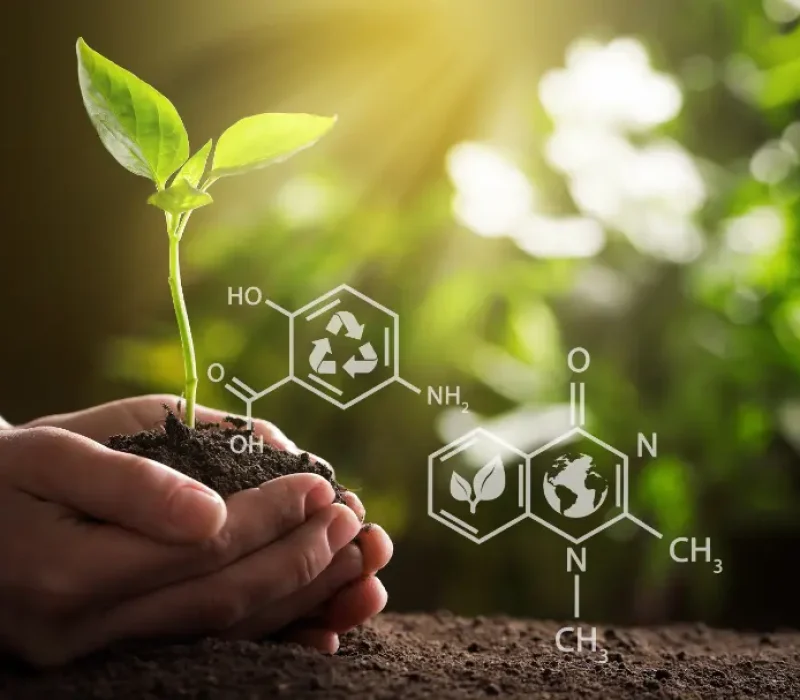
Focus on implementation strategies that yield measurable changes in people’s lives.
Share best practices for scaling up scientific breakthroughs to improve health, education, climate resilience, and economic opportunities.
Interactive sessions dedicated to fostering partnerships among scientists, policymakers, and business leaders.
Promote solutions-oriented dialogue on aligning scientific research with community needs.
Hybrid Format for Enhanced Engagement
In-Person Event in New York: A portion of the program will be hosted in New York City from 22nd to 26th September 2025, bringing stakeholders together for collaborative discussions and strategic networking.
Participants can engage online and offline, ensuring flexibility for those with varied preferences or constraints.
Affordable and Open Participation
Participation in the Science Summit is free of charge, ensuring an inclusive and open platform for scientific engagement worldwide. The Summit provides free or subsidized access, enabling scientists from all backgrounds to contribute to the program and attend without financial barriers.
Our goal is to amplify diverse scientific voices, including those from local communities in both developed and developing countries.
Inclusivity Breaking Barriers
The Science Summit 2025 is committed to fostering inclusivity by
breaking barriers to global scientific participation. It will bring together representatives from industry, academia, governments, communities, NGOs, civil society, and international organisations across all five continents, ensuring a truly diverse and global dialogue.
The summit actively seeks to include voices from underrepresented groups, including women, youth, and scientists from developing countries.
Key sections of the programme such as the Youth Parliament and PhD Sponsorships for Developing Nations foster equitable representation
in the global scientific community.
Global Access Through Virtual Programming
The summit’s virtual platform eliminates geographic, financial, and physical barriers, allowing participants from even the most remote regions to engage.
All sessions are designed to accommodate diverse time zones and languages, maximising reach and participation.
Localized and Regional Focus
Initiatives like Country Days spotlight regional scientific efforts, showcasing diverse cultures, innovations, and approaches to shared challenges.
The summit provides a platform for collaboration between nations, aligning local solutions with global goals.

The opening day of the Science Summit sets the tone by highlighting Africa’s growing role in global science. A flagship session on Africa’s scientific leadership as a catalyst for global progress, convened by the Science with Africa Foundation, anchors the day’s discussions. This session will serve as a platform for African science leaders to present their vision for global progress and partnerships. Contributions from institutions such as BUSARA, the Aga Khan Development Network, and i2CAT will broaden the perspective, underscoring Africa’s role in shaping the international scientific agenda.
The programme continues with in-depth exchanges on strengthening Africa–Europe science partnerships to build resilience and foster shared innovation.
Global health is also a key focus, with the Global Health Connector event exploring transformative approaches to women’s health through science and sustainable partnerships. In parallel, policy-oriented sessions will examine open science, open innovation, and digital cooperation, alongside strategies for accelerating STI implementation through the UN Technology Facilitation Mechanism.
The afternoon closes with forward-looking dialogues on science diplomacy, inclusive innovation leveraging AI and finance to achieve the SDGs, and living labs for human rights, connecting scientific advances with equity, diplomacy, and human development.
The second day deepens the integration of science with sustainability and global governance. It opens with the session Science, Standards, and Sustainability: Ensuring Verified Impact for the SDGs, convened by TÜV SÜD, a trusted partner of choice for safety, security, and sustainability solutions. The session highlights the importance of robust frameworks to ensure that scientific action delivers measurable and trusted results. A dedicated session will also examine how science can contribute to the upcoming COP17 and COP30 negotiations, reinforcing the central role of research in informing climate action.
Global health remains a central theme, with sessions reframing obesity and multimorbidity as global development priorities, complemented by debates on soil health as the foundation for global food security and African-led science solutions.
The afternoon features the Global Flagship Initiative for Food Security, a landmark partnership co-convened by the Crop Trust, the Arab Gulf Programme for Development (AGFUND), and the Arab Bank for Economic Development in Africa (BADEA). This initiative seeks to mobilize science, innovation, and investment to transform food systems so they are more climate-resilient, nutrition-sensitive, and inclusive. The session will explore how cutting-edge research can be translated into scalable solutions, how regional and international actors can align strategies, and how financing mechanisms can be unlocked to support sustainable food security. Importantly, it will connect these efforts to broader frameworks such as the Financing for Development outcomes and the UN Pact for the Future, ensuring long-term policy traction and financial alignment.
Complementary sessions will examine how to build regional innovation ecosystems around agri-food and geospatial technologies, and how animal health can serve as a lever for climate action, linking agriculture, health, and sustainability
The day opens with a strong focus on genomics for global health, highlighting how genomics can strengthen disease surveillance, embed One Health approaches, and promote equity. Africa’s leadership is at the forefront, with discussions on building regional infrastructures, data-sharing frameworks, and capacity to position genomics as a central element of public health. EDCTP3 will play a key role in the conversation, showcasing how sustained partnerships can advance African-led genomic research and strengthen global preparedness. Contributions from global health and life sciences leaders, including IQVIA, Roche, and the International Federation of Pharmaceutical Manufacturers & Associations (IFPMA), will underline the importance of partnerships between science, industry, and policy in driving innovation and ensuring equitable access.
In parallel, the European Brain Council convenes sessions on brain health across borders, exploring the impact of brain disorders, the importance of international research cooperation, and the integration of neuroscience into global health policy. Policymakers, clinicians, and patient groups join researchers in shaping strategies that reinforce science diplomacy and ensure that brain health is treated as a priority for sustainable development.
A special highlight will be a private roundtable convened by the Fund for the Future of Science and Technology, exploring how to strengthen the global voice of science, promote collaboration, and create the enabling conditions for breakthroughs in areas such as advanced computing, earth observation, engineering biology, and energy innovation to become equitable solutions.
The afternoon broadens the agenda to the enabling environment for science and innovation. The Aga Khan University will convene a session on Transforming Healthcare Education through AI-enabled Solutions, showcasing how digital tools and artificial intelligence can modernize medical training and address global health workforce gaps. This will be followed by the presentation of the IPBES NEXUS Report, underscoring the interlinkages between biodiversity, water, food, and health, and reinforcing the case for integrated science-policy approaches to planetary challenges.
A high-level session on mobilising capital for science will then explore how to unlock investment in research and technology for developing countries. The day concludes with assistive technologies for social inclusion, presenting findings from the EU COST Action a-STEP and demonstrating how innovation can directly advance equity and inclusion
The closing day of the Summit combines intergenerational dialogue, global finance, education, and the future of outer space. The European Brain Council continues its sessions on brain health across generations, setting a long-term agenda for research and policy collaboration.
Finance and governance are addressed in From Vulnerability to Vitality: Building a Resilient Financial Architecture for People and Planet, convened by The Lancet, which will examine how to redesign global financial systems to better serve people and planet in times of crisis.
Education features prominently with Global Health Education as a Pathway to Achieving the SDGs: Case Studies from Partner Countries, convened by Nuvance Health, showcasing practical examples of how training and capacity-building in global health can accelerate progress toward the SDGs.
At midday, the spotlight turns to youth leadership with the Next Generation Science Diplomacy Youth Parliament, empowering young voices to influence future policy and governance frameworks.
The Summit concludes with Space for All: Ensuring Equitable and Responsible Access to Space, convened by the Department of Science, Technology and Innovation of the Government of South Africa, highlighting the importance of international cooperation to guarantee that the benefits of space exploration and technology are shared fairly and responsibly.
The Science Summit 2025 will offer unique opportunities for engagement, collaboration, and
inspiration through the following special social features
An interactive lunch session with main industry, NGOs, academia, international organisation and policy makers representatives.
Engaging with policymakers to advocate for science-based solutions.
Integrating science into international governance and policy frameworks.
Empowering young leaders to voice their perspectives on science and sustainability.
Providing opportunities for students from developing nations to pursue advanced research.
Showcasing the impact of EU-funded research and innovation initiatives.
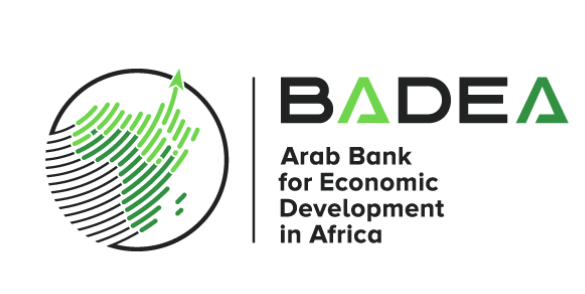

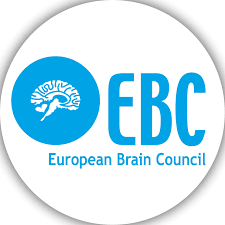
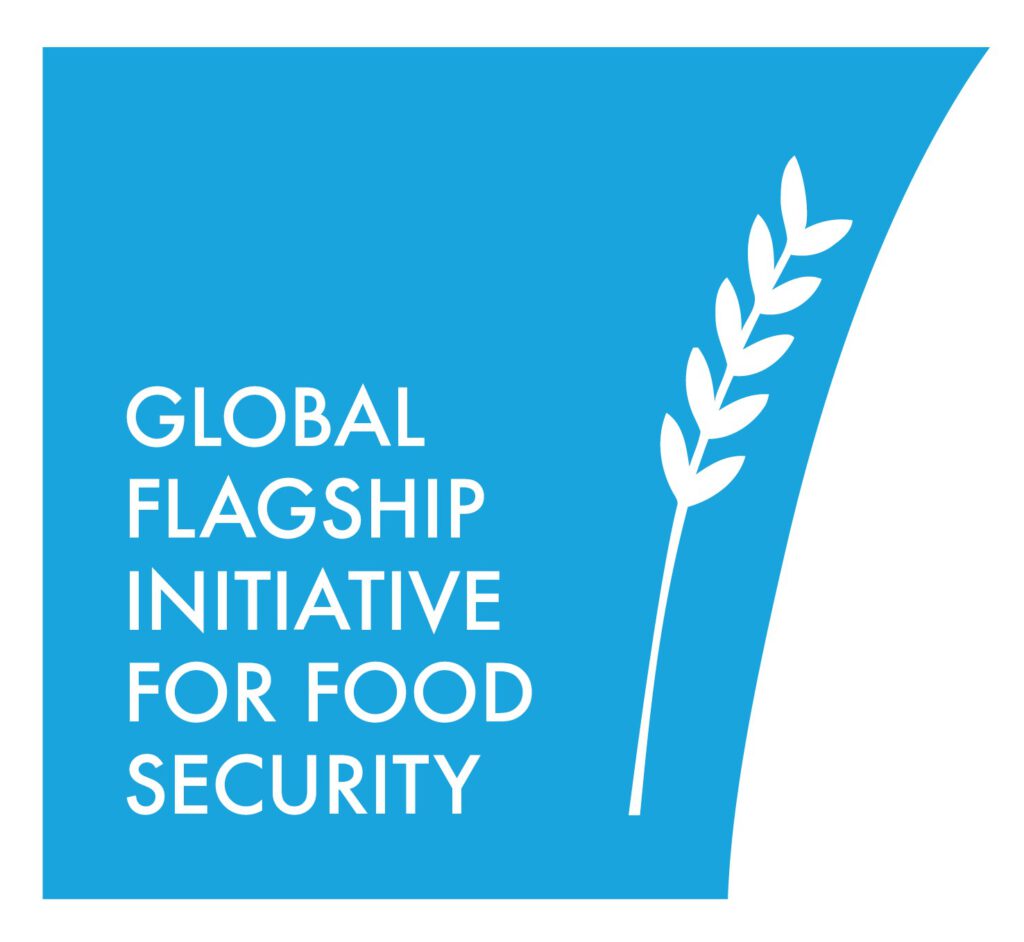


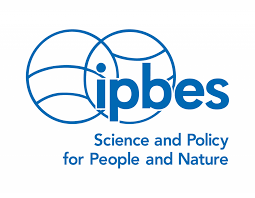



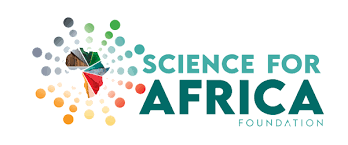
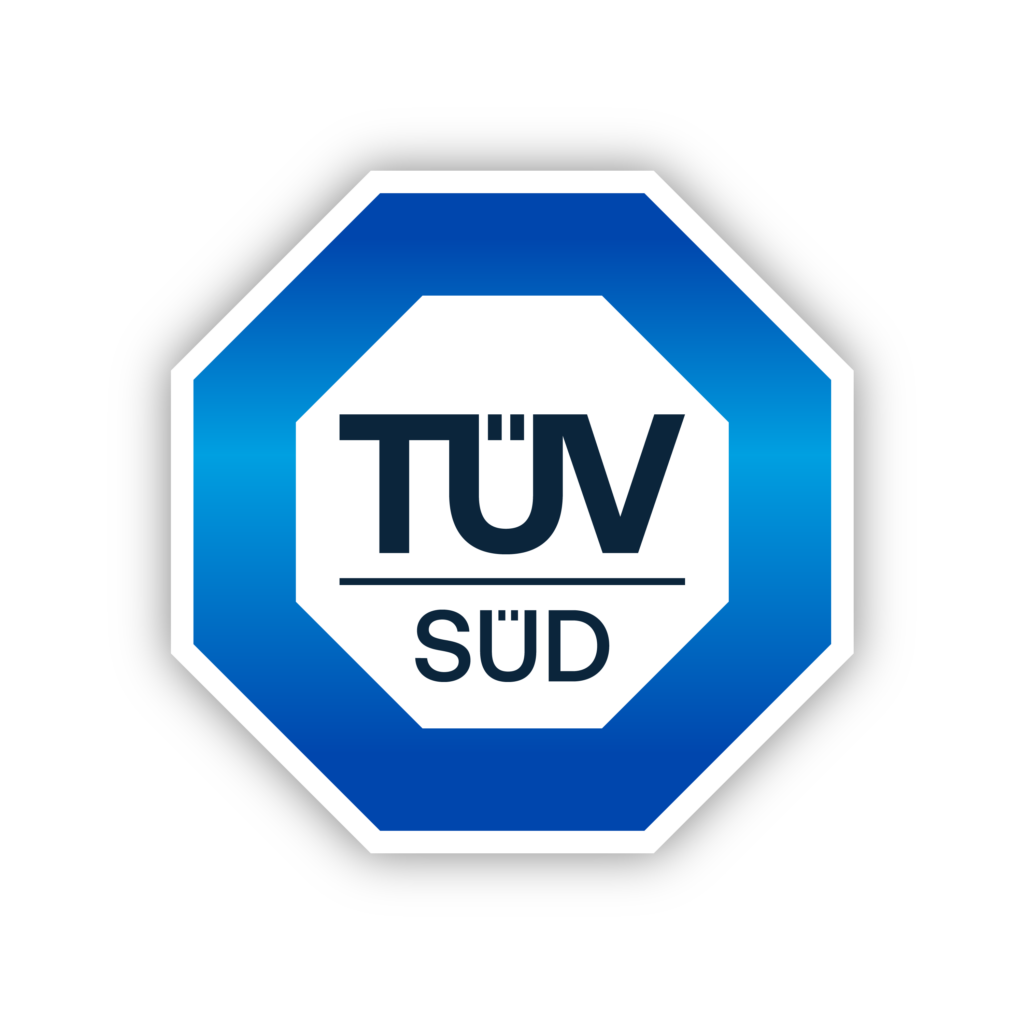
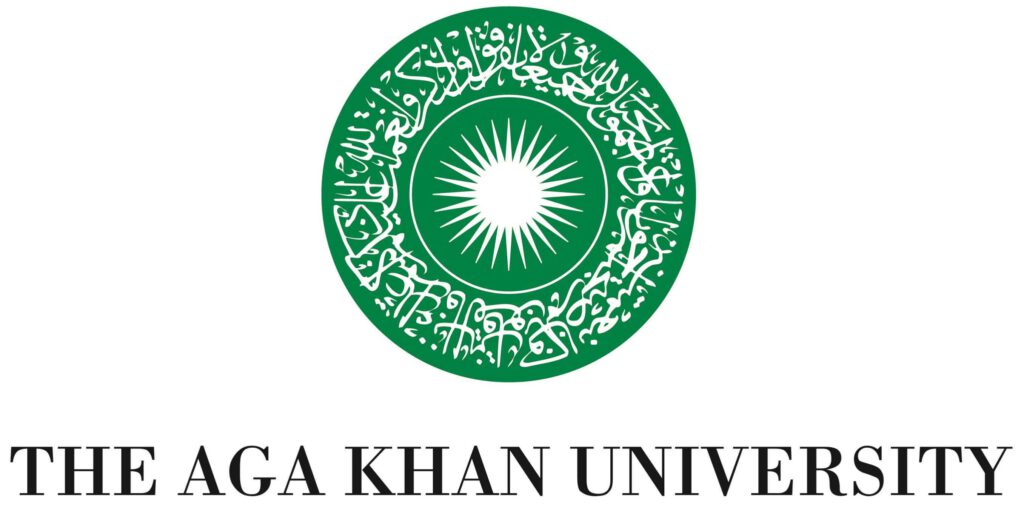
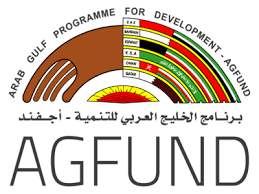
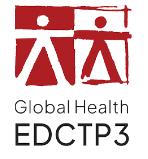
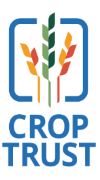
The summit’s diverse themes and features are designed to foster collaboration, inspire innovation, and catalyze action for a sustainable and equitable future.